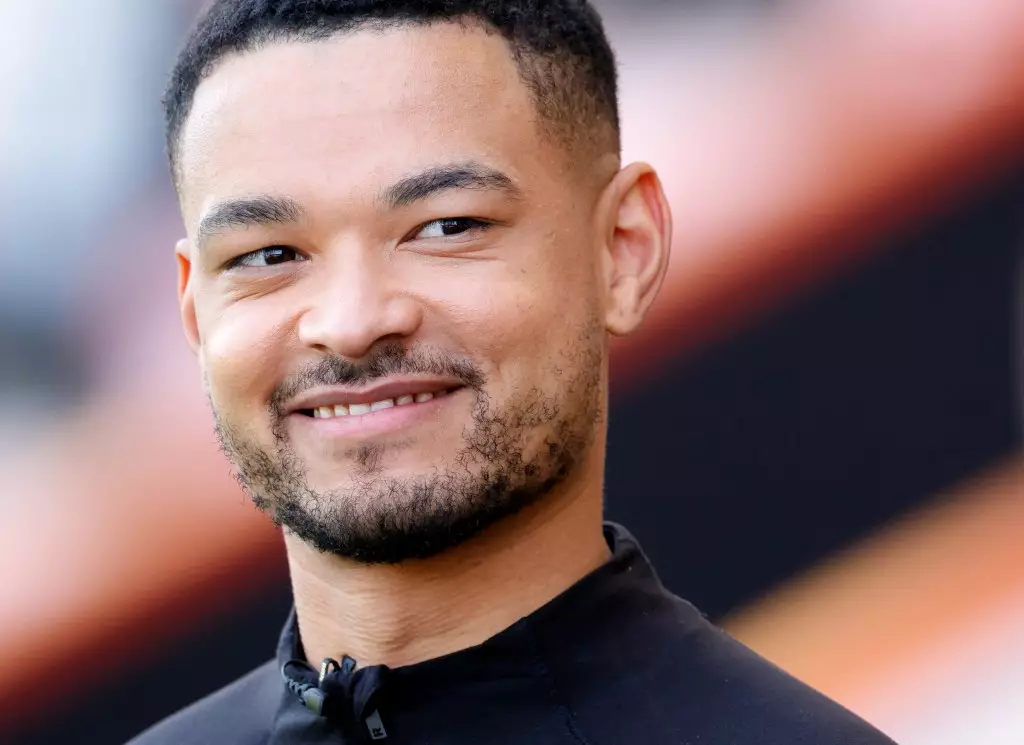In an era where digital content consumption is at an all-time high, notable milestones within the entertainment industry reveal both the changing dynamics of audience engagement and the growing influence of social media personalities. Recent headlines underscore the significant achievements of Steven Bartlett’s podcast, “The Diary of a CEO,” alongside the emergence of prominent figures like Molly-Mae Hague and the evolving landscape of literary festivals. Here, we explore these developments, analyzing what they signify for media and culture at large.
In a remarkable feat, Steven Bartlett’s podcast “The Diary of a CEO” has surpassed an astonishing one billion streams across platforms like Spotify, Apple, and YouTube. This achievement is not merely a testament to the show’s popularity; it highlights the transformative nature of podcasts as a medium for storytelling and business insights. Launched in 2017, Bartlett’s endeavor began as a humble project characterized by intimacy—essentially just himself, a microphone, and an eagerness to connect. Fast forward to today, and it has morphed into Europe’s most prominent podcast and the second globally on YouTube, featuring high-profile guests from various industries.
The success of “The Diary of a CEO” deviates from traditional media formats by encouraging authentic conversations that resonate deeply with listeners. When Bartlett reflects on his amazement at the show’s journey, he captures a critical point about the power of narrative in the digital age. This model allows audiences to not only consume content but also to engage with it on a level that fosters community and creates shared experiences.
Meanwhile, Molly-Mae Hague is carving her own path in the realm of reality television and social media. Amazon has confirmed a docuseries that will focus on her life post-“Love Island.” The series promises to delve into her experiences, especially as she embarks on the challenges of motherhood while launching her new business venture, Maebe. This development not only reflects Hague’s evolution from influencer to entrepreneur, but it also highlights the increasing battleground for attention among celebrities utilizing streaming platforms for content distribution.
Hague’s approach to storytelling, particularly about her role as a new mother, addresses a significant cultural moment. The modern audience is craving authenticity, and this docuseries appears designed to fulfill that desire. According to Hannah Blyth of Prime Video UK, the significance of showcasing Hague’s resilience and authenticity cannot be overstated, indicating an audience that values real-life narratives over curated perfection.
As the media landscape shifts, leadership in cultural institutions adapts to these changes as well. Jay Hunt, recently appointed to chair the Hay Festival, embodies this evolution. The Hay Festival has long been revered as a hub for literary culture, attracting speakers and audiences from around the world. With Hunt at the helm, there is a palpable sense of anticipation about how her vision will steer the festival into a new era.
Hunt’s background as the BBC’s first female controller of BBC One and her role at BFI illustrate her credentials. She embodies the fusion of creative innovation and organizational leadership needed for contemporary cultural institutions. By emphasizing the connections forged through storytelling, Hunt aims to maintain Hay Festival’s relevance in an era dominated by digital media. Her commitment to fostering a dialogue among diverse voices underscores a broader trend in which storytelling continues to bridge gaps among audiences, fostering a sense of community and connection.
As we reflect on these recent milestones within the realms of podcasting, reality TV, and literature, several trends become evident. Across these veins of entertainment, there is a growing appeal for authenticity and vulnerability in storytelling. Figures like Steven Bartlett and Molly-Mae Hague illustrate the shift in valorizing personal narratives, while leaders like Jay Hunt signify the potential for reinvention within established cultural frameworks.
The confluence of these developments signals a media landscape poised for further disruption, where digital platforms will continue to reshape how stories are told and consumed. As media evolves, audiences are not just passive consumers but also active participants in the stories they engage with, shaping an exciting future for entertainment and storytelling.
